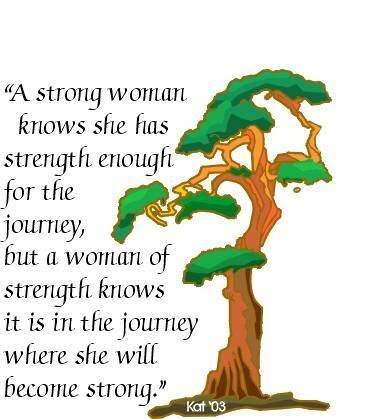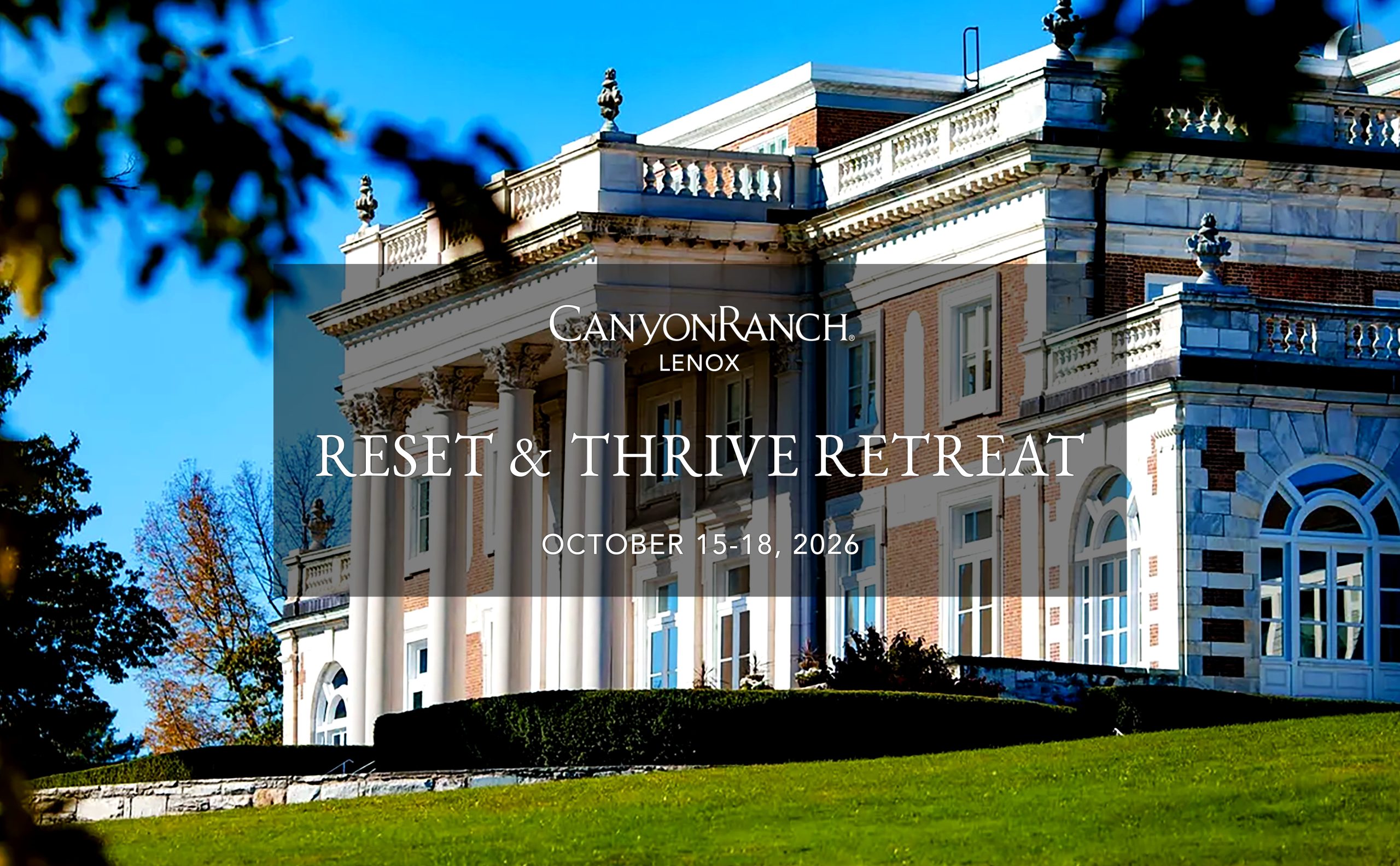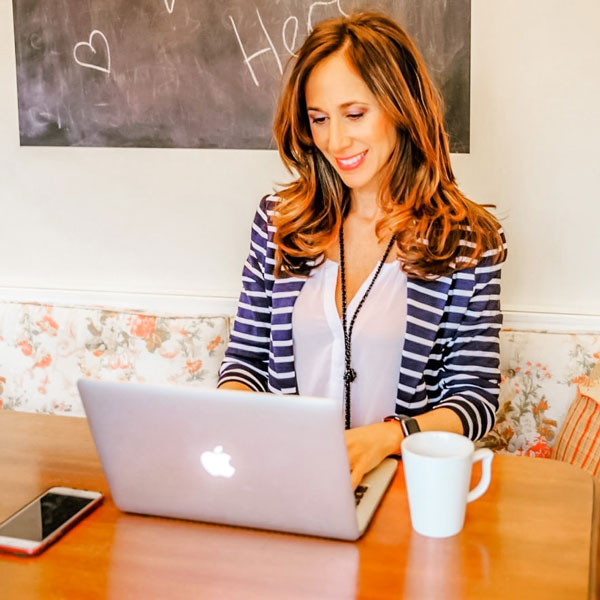By Guest Blogger Francesca Perrini
I was living the dream: a six-figure income, beach vacations, plenty of time off to cultivate my hobbies, and a growing savings account, all before I was 25.
And then we got divorced, and I woke up to the fact that half of us had no job security, no career trajectory, no savings, and basically no idea. Yes, you guessed it. My half. I had never so much as opened a bank account by myself.
Though my ex was fair to me when we split up the money (in the proportions that we had each earned it, which added up to about a 70-30 split), I quickly ran through what he had transferred into my new checking account as I moved from apartment to apartment and nursed my wounds with treats I couldn’t afford (clothes, nights out with the girls, weekend jaunts to San Juan).
Then, after spending weeks carefully selecting my first credit card (I remember it like yesterday– the ‘AmEx Blue Cash,’ no annual fee, 1% back on everything, 5% back on some stuff), I made a major rookie mistake:
I thought that by putting everything on my card, I would be making tons of free money. (The word “cash” is literally printed on the card–what could go wrong?) What I didn’t count on was losing track of my cash flow and spending way more than I was earning. I ended up paying my bills by drawing from my savings account.
Eventually the money just ran out, and it became frighteningly clear that I had to adapt to my new reality.
It was hard to admit that someone as smart as me (oh, go on) could be so clueless when it came to money, but (of course) admitting it was the first step toward recovery. I didn’t exactly freeze my credit card, but I did hand it to a friend. That way if I ever really needed it in an emergency, it was there, but it wasn’t there when I wanted to go on health and beauty shopping sprees at Duane Reade or completely unnecessary trips to H&M.
Did I mention I was also laid off in the middle of all of this? Yeah. But by some strange serendipity, I quickly landed a new job at a personal finance start-up, which solved two problems: income and education. I read personal finance books (like “The WSJ Complete Money & Investing Guidebook”) and blogs (like Get Rich Slowly) in order to prepare for my job, but I was really learning by practicing with my own meager assets.
With a lot of support from my new colleagues, and help from online resources and tools like Mint.com, I made a plan that allowed me to pay off my credit card and start saving a little each month. I spent a lot of time researching and found higher-yield accounts. I opened my first brokerage account and purchased my first stock – three whole shares of it! I even asked for (and received) a raise.
Even though I was still pretty poor, I was suddenly optimistic about the future. It was like watching myself grow up – things that were once foreign became familiar, and things that were hard became easy. I was proud of myself as I watched my emergency fund grow from two weeks’ worth of expenses to three months’. I was joyful when I purchased my first CD. And I was triumphant when I realized that I had survived the hardest year of my life–on my own.
Though my heart didn’t recover as steadily as my finances did, I began to feel the pleasure of taking ownership of my life. How we women are stronger than we ever imagine possible, all when tested.
If you’re wondering how I went from broke to unbroken, here are a few tips. Here’s how to avoid incompetent princess syndrome:
- Get a job. A career, rather. Even if you’re living the stay-at-home dream right now, you may not always have the desire (or luxury) to do so.
- Respect money. Learning how to budget and spend intentionally won’t just make you richer–it will make you smarter.
- Ask for help when you’re in trouble. Although I didn’t, I probably could have saved my stressed-out self a lot of money if I had asked my parents to step in and help me take control.
- Have faith in yourself. It takes time and effort to climb out of a financial hole. But if you’re trying, hang in there–you’re on the right track.
- Don’t go through with the wedding if you have a dream about living in a prison guarded by your spouse and his family (true story)!
It’s painful to learn that only one person really has your back in life—and that’s you. But the experience of growing from half of a couple to one whole person forced me to take responsibility for myself, to care for myself, and, finally, to love myself. From there, the sky was the limit.
—-
About Francesca Perrini…
Francesca Perrini is a pseudonym for a DailyWorth.com employee who wished to remain anonymous.
DailyWorth.com is a community of women who talk money. They deliver practical tips, inspiring ideas, and the occasional kick in the pants…daily to your inbox! DailyWorth.com was started as a way to give women key insights into building real net worth. DailyWorth stands out as the go-to source about personal finance for smart, ambitious women. Since its inception in January 2009, DailyWorth has garnered 250,000+ subscribers and a stream of media appearances, including New York Times, Forbes, and USA Today. It’s founder Amanda Steinberg has also written for WomenOnTheFence.com.
—
Tell us, are you guilty about knowing too little about money or your current financial situation? Have you ever suffered from the same syndrome as Francesca? Do you control the finances in your household, or does your partner? Do you know little about your current financial situation? If so, does this scare you? This is a place where women share and help each other. Feel free to comment anonymously.
Happy Monday.
xoxEDxox







Great lesson! My mother was in this predicament and her lessons became my lessons. I have a fierce need to be independent and have my OWN everything. It has made my life more secure which has given me the strength to reach for my dreams, knowing I can do it myself. The fact that I have a wonderful husband who supports my dreams is a bonus, not a necessity.
Well said Lia.
Great post. It was an eye opener. I have to say, my husband controls the finances in our marriage. I trust him 100% and I am happy he takes care of it. I do other things for the family but I leave the money stuff up to him.
This was a real wakeup call for me. My husband looks after all our finances. We live a very nice life but still he takes care of it all and I don’t work. If we divorced I wouldn’t have a clue how much I would be entitled to. This really makes me think.
It often takes the adversity test to make you realize your own strength. Whitney Houston said it best “I didn’t know my own strength” .
You bet Diane! And Jenna, yes, this could be an eye-opener for many.
I know from experience that “Incompetent Princess Syndrome” can be deadly–I lived its repercussions twice, when I buried two husbands before I was even 42 (read ‘Black Widow without the Money.’) Yes, I wasn’t going to rob the man of his manhood and allow him total control over our financial situation; as a result, I was clueless about how to resurrect after the fall. But the good news is: I learned–fast. And even better, I was really good at making financial decisions (daughters today ask: “How did you do all that you did?” when they consider I brought them to Europe twice, on bare-bones safaris that cost me little; I sent them to two spectacular colleges (one in Canada because the exchange rate was great!) Women are amazingly resilient and have bottomless capacity to juggle (after all, who does most of that on a daily basis?), even tho’ it doesn’t mean we should. Taking ownership of the decision-making in the financial quarter is just self-affirming and so-o smart. You don’t want to HAVE to do this when you’re backed up against the wall as I was. A partnership in your organization of marriage should mean you have equal voice (and yours just might be the wiser, saner one.)